Did Pahalgam terrorists use Chinese satphones and apps?
That’s what new reports are saying.
Operatives from The Resistance Force (TRF) – an offshoot of the Lashkar-e-Taiba terror group based in Pakistan – are thought to have relied on Chinese equipment to keep in touch with their handlers across the border and avoid Indian authorities.
The TRF has claimed responsibility for the attack in which 26 people were killed in south Kashmir.
The National Investigation Agency is currently probing the attack on Pahalgam’s Baisaram – an area known as ‘mini-Switzerland.’
“Following orders from the Union Ministry of Home Affairs, NIA has begun the process of formally taking over the Pahalgam terror attack case, in which 26 innocent tourists were mercilessly shot dead on Tuesday. NIA teams…have intensified the search for evidence,” the agency has said.
But what happened? What do we know?
Let’s take a closer look:
What happened?
News18 quoted intelligence sources as saying that the terrorists used messaging apps from China to remain in touch with their handlers in Pakistan.
India had banned these apps, which are encrypted, in the aftermath of the Galwan Valley clash in 2020.
Intelligence sources also said there was at least one Chinese satphone in Pahalgam on the day of the attack in Kashmir.
Economic Times reported that the satphone in question is a Huawei model.
The company’s phones are banned in India.
Officials told the newspaper that Huawei satellite phones were smuggled into India from either Pakistan or another foreign country.
Officials told Economic Times they said they are getting technical intelligence and assistance from Western agencies to track the satphone.
Overground workers in Jammu and Kashmir and eyewitnesses are also being interviewed.
How do they work?
As per Business Today, Huawei makes several smartphones with built-in satellite communication features.
This includes the Mate 60 Pro, P60 series, and nova 11 Ultra – all of which are made to connect to China’s Tiantong-1 satellite network.
These phones have internal satellite antennas and specialised chip which allow them to link up to the satellite network without using external equipment.
They need China Telecom SIM cards and subscription plans.
The phones have low-bandwidth voice and text services and even work in areas with no cell coverage.
The satellite phones use non-terrestrial networks like Iridium to bypass local infrastructure.
Huawei’s satellite-enabled smartphones such as the Mate 60 Pro look exactly like its ordinary smartphones.
The outlet said experts think that Huawei’s satellite-enabled phones could potentially bypass Indian cellular and satellite surveillance systems.
As per CNBC, some of these Chinese apps and phones come with end-to-end encryption, advanced encryption that even quantum computers cannot break and steganography – hiding messages within files such as images and videos.
They use burst transmitters which send data in milliseconds.
They also use frequency hopping –rapidly switching radio frequencies to avoid detection or jamming.
China backs Pakistan
Meanwhile, China has come out in support of Pakistan.
Chinese Foreign Minister Wang Yi in a conversation with Pakistan’s Deputy Prime Minister Ishaq Dar expressed concern over the rising tensions between the two countries and urged an impartial investigation.
Dar was quoted as saying that said China “rejected India’s unilateral and illegal actions, as well as its baseless propaganda against Pakistan."
Beijing has also expressed support for its all-weather ally Pakistan in safeguarding its sovereignty and security interests.
Wang said China was closely following the developments, stressing that combating terrorism was a shared responsibility of the entire world while reaffirming Beijing’s consistent support for Pakistan’s firm counterterrorism efforts, it added.
“As an ironclad friend and an all-weather strategic cooperative partner, China fully understands Pakistan’s legitimate security concerns and supports Pakistan in safeguarding its sovereignty and security interests,” Wang said.
“China advocates for a swift and fair investigation and believes that conflict does not serve the fundamental interests of either India or Pakistan, nor does it benefit regional peace and stability,” Wang noted.
China hopes both sides will remain restrained, move toward each other, and work together to de-escalate the situation, he added.
Dar emphasised that Pakistan had consistently and firmly fought terrorism and was against any actions that could lead to an escalation of the situation, according to the report.
Pakistan is committed to managing the situation in a mature manner and will maintain communication with China and the international community, Dar said.
On April 23, China “strongly condemned” the brutal terror attack in Jammu and Kashmir’s Pahalgam in which 26 people, mostly tourists, were killed.
“We strongly condemn the attack. China firmly opposes all forms of terrorism,” Chinese Foreign Ministry spokesperson Guo Jiakun had told a media briefing.
“We mourn for the lives lost and express sincere sympathies to the bereaved families and the injured,” he had said.
Separately, China’s Ambassador to India Xu Feihong had also condemned the attack.
“Shocked by the attack in Pahalgam and condemn (it),” he had said in a post on X.
“Deep condolences for the victims and sincere sympathies to the injured and the bereaved families. Oppose terrorism of all forms,” he had said.


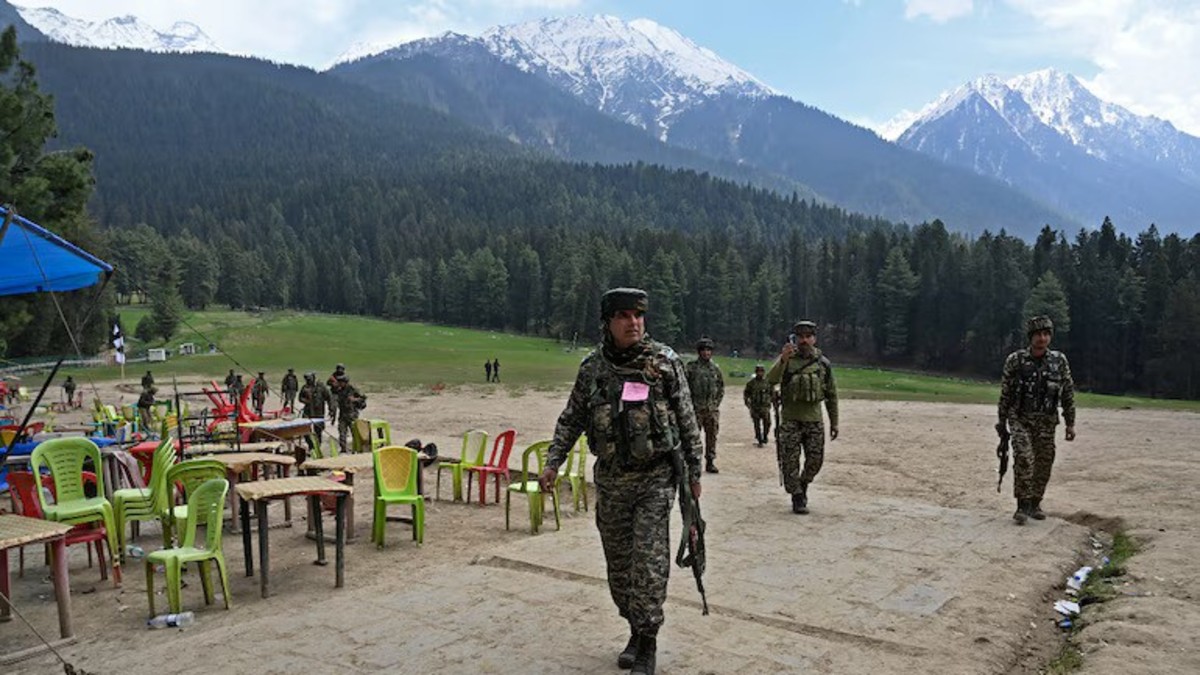)
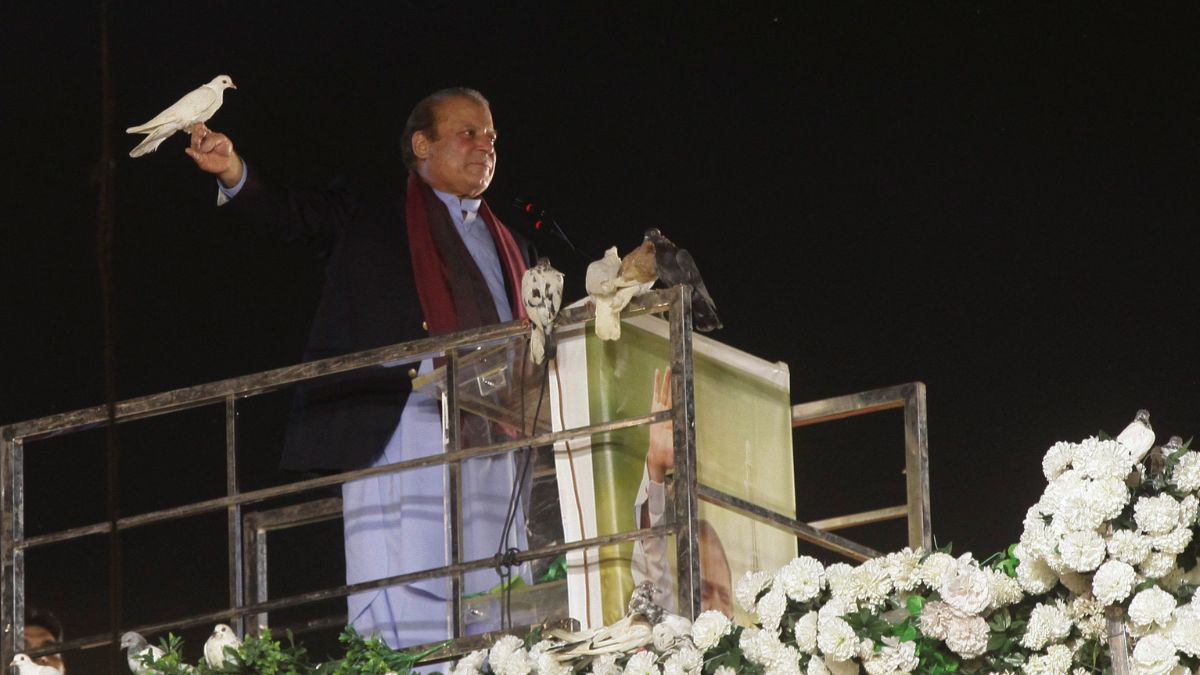)
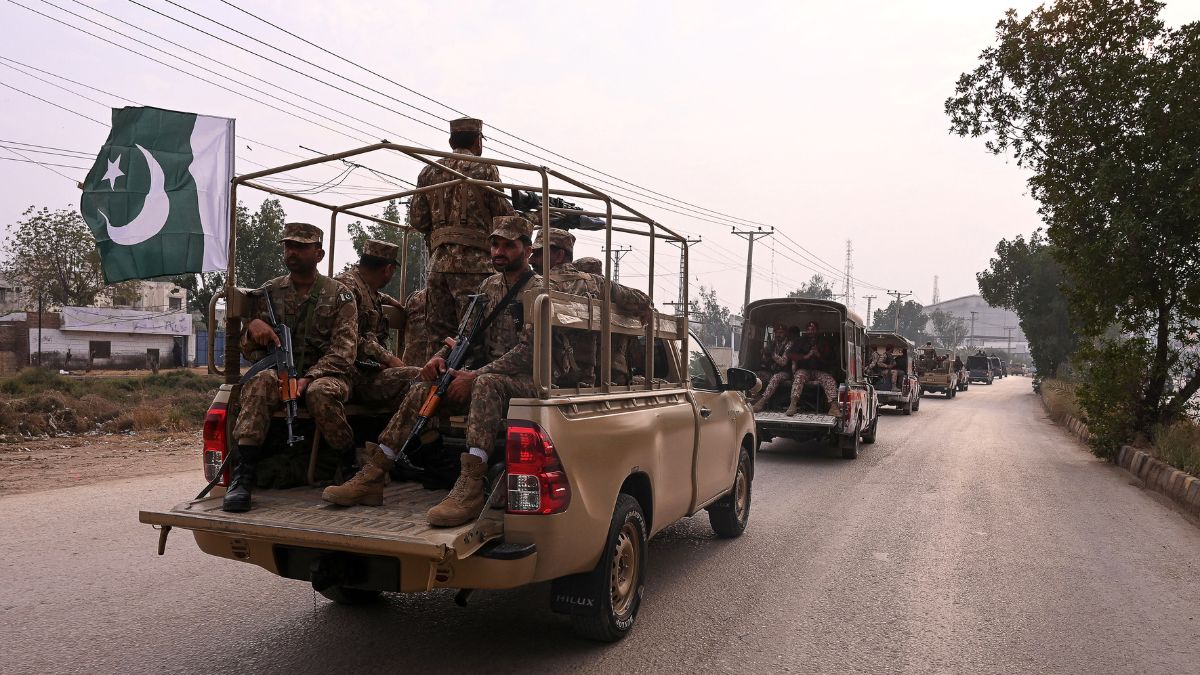)
)
)
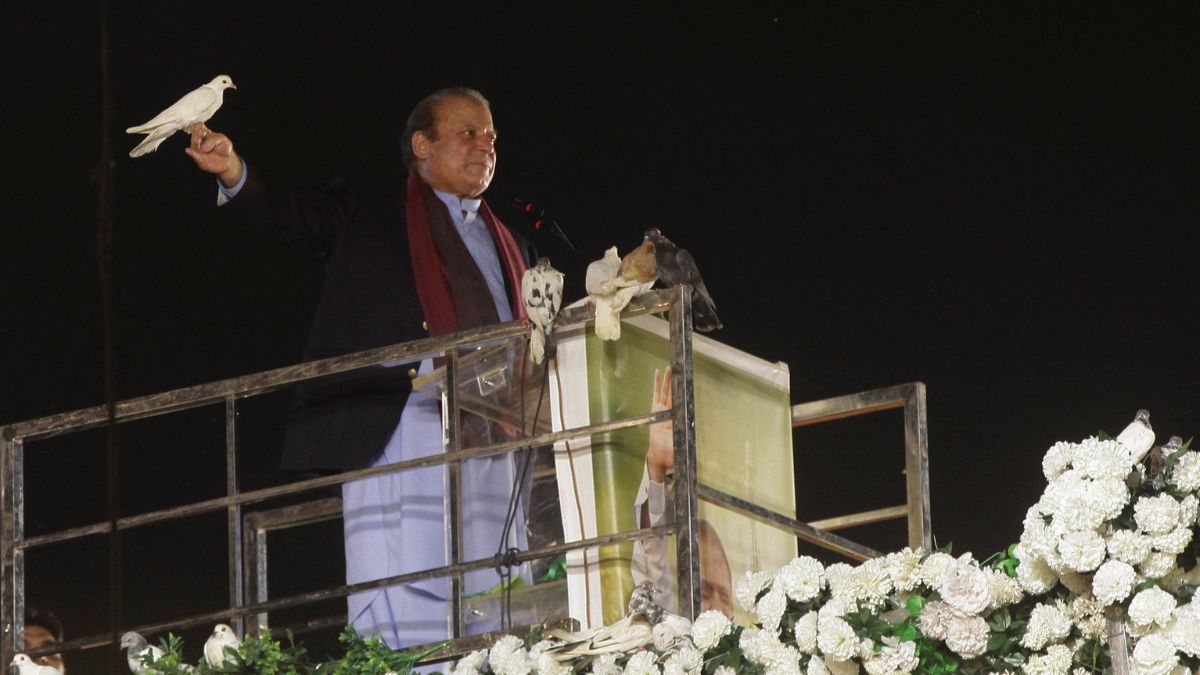)
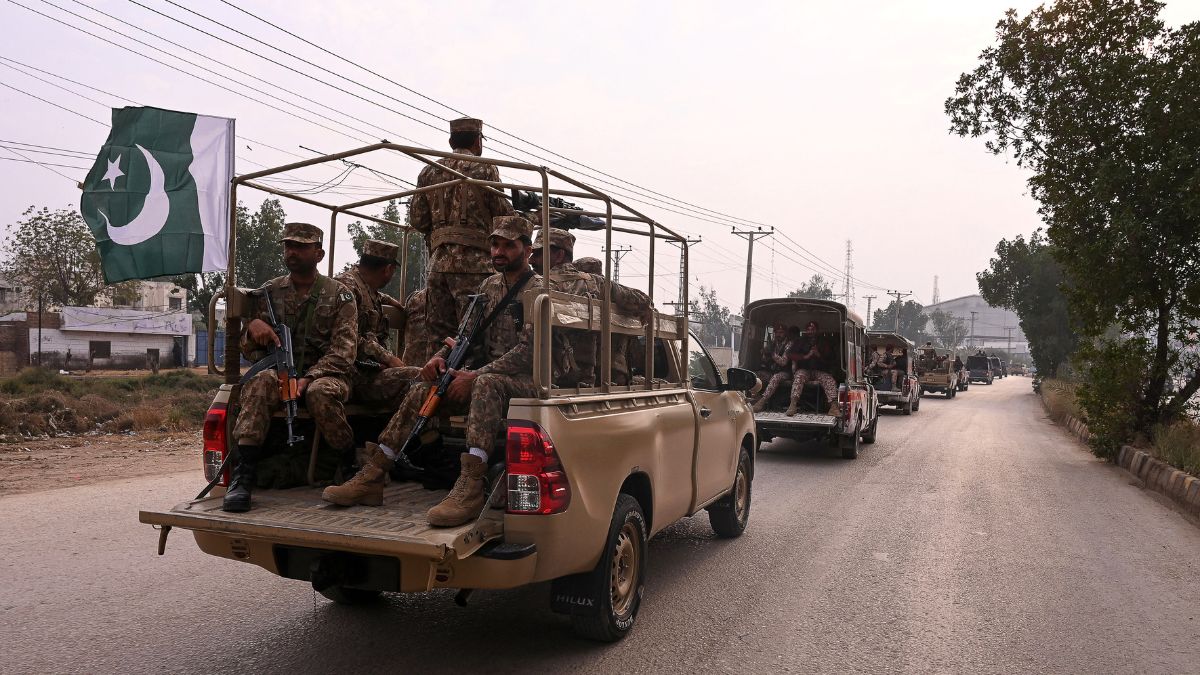)
)
)